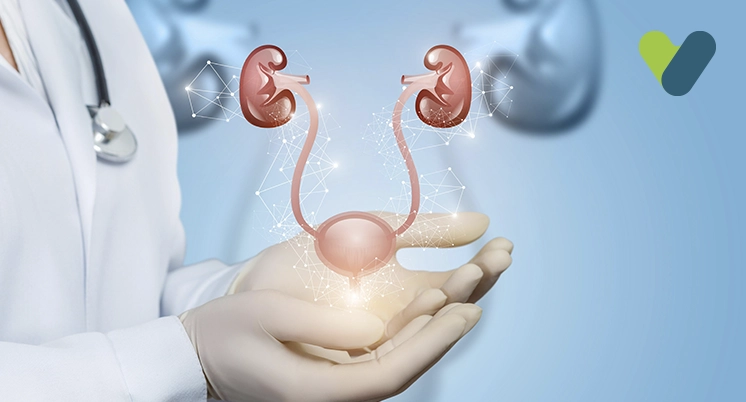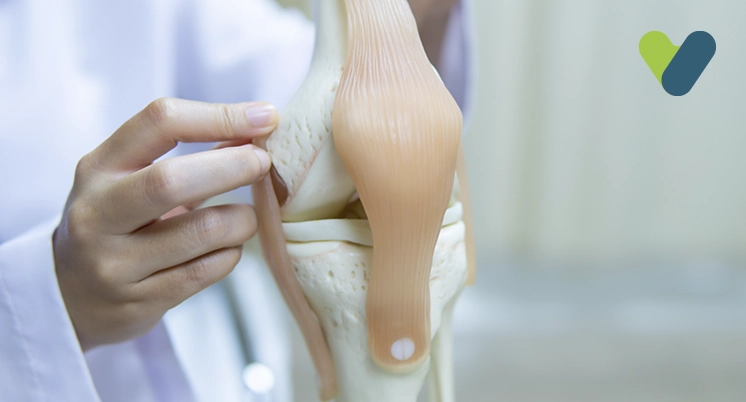The skull base is the area where the skull meets the spinal column, and it includes several important structures, such as the brainstem, cranial nerves, and blood vessels. Given the structure's complexity, a skilled surgeon and their team are essential.
What is skull base surgery?
Surgery of the skull base is a specialised form of surgery or neurosurgery, often employed to treat conditions of the skull, including the removal of cancerous and noncancerous growths and abnormalities on the base of the skull or the top few vertebrae of the spine.
Given the importance and complicated nature of the skull base area, ensuring visibility and access is a big challenge. Therefore, endoscopic skull base surgery, also known as minimally invasive skull base surgery, is a surgical technique often used by doctors.
What is the purpose of a skull base surgery?
Some of the conditions and growths that may be managed by skull base tumour surgery include:(This is not an exhaustive list; there are several more conditions.)
- Cysts that form at birth
- Infection-caused growths
- Pituitary gland tumours
- Meningiomas
- Chordomas
- Trigeminal neuralgia
- Craniopharyngiomas
- Craniosynostosis
- Fistulas of cerebrospinal fluid
- A cerebral aneurysm
What happens prior to a skull base surgery?
Caring for individuals with tumours and other conditions necessitating skull base surgery requires the collaborative efforts of different specialties, including neurosurgeons, ENT surgeons, ophthalmologists, anaesthesiologists, radiologists, and oncologists, depending on the patient's diagnosis.
Doctors will most likely order a biopsy, MRI, and/or CAT scan to prepare for surgery. Before surgery, patients may require additional tests, treatments, and exams.
What happens post-skull base surgery?
To help control bleeding, doctors may insert absorbable packing material into the nose. To help maintain moisture the nose and minimise crusting, the doctor may prescribe saline nasal spray and antibiotic ointment.
Following surgery, the patient may have to see the ENT surgeon on a regular basis. The surgeon will examine the wound and clean up any crusting inside the nose. Many patients will require additional imaging to ensure that growth does not reappear over time.
Based on the diagnosis, the patient may need to see other specialists and undergo additional treatments such as chemotherapy or radiation.
Since this type of procedure can be extremely stressful, it is also critical to seek out the support of friends and family. Your care team can also connect you and your family with mental health support and health group resources.
Doctors may recommend that patients avoid activities that cause increased pressure in the head for at least a month following skull base surgery.
What else should I know about skull base surgery?
Skull-base surgery is used to treat serious conditions. Minimally invasive or endoscopic skull base surgery enables quicker recovery, is comparatively less painful, has no scarring, fewer complications, and a lower risk of brain damage than in other areas. On the other hand, traditional skull-base surgery may be the better option in some cases.
Additionally, the skull base surgery cost in India can vary significantly depending on various factors. Here are some of the factors that can affect skull base surgery costs in India.
- The patient's health status, as well as any other existing conditions such as diabetes, hypertension, and obesity
- During admission, the room type selected
- The length of stay:
- The hospital and the technology used
- Experience of the surgeon and method of surgery


